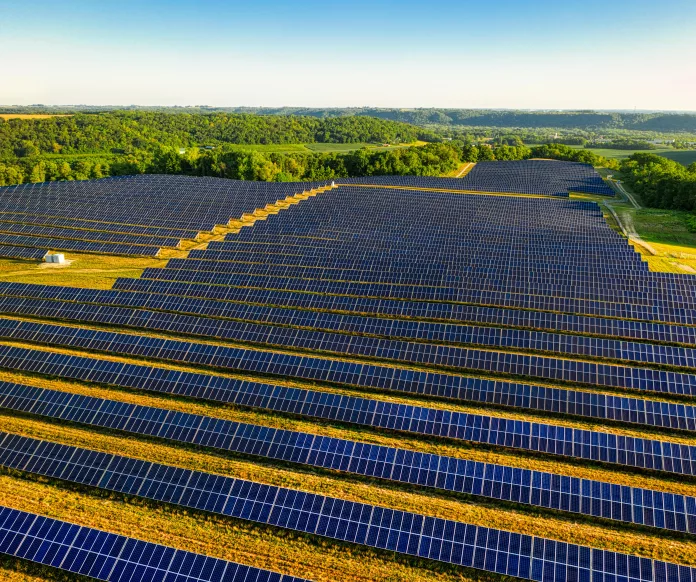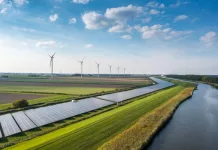With an eye toward a sustainable and clean energy future, the Biden administration is charting a new path for solar energy development across the expansive federal lands of the United States. This ambitious plan marks a significant escalation in the effort to harness the power of the sun.
Federal Land Allocation: A Boost for Solar Farms
According to recent studies conducted by the Bureau of Land Management (BLM) and the Department of Energy’s National Renewable Energy Laboratory, an estimated 700,000 acres will be necessary to support solar farms over the next two decades. In response, the BLM has identified a staggering 22 million acres as suitable for solar development to provide plenty of options and flexibility, underlining the administration’s intent to meet its net-zero emissions target for the power sector by 2035.
Refining and Expanding the Solar Development Map
The newly updated solar roadmap builds upon the foundation laid by the BLM in their 2012 Western Solar Plan. Initially, this plan earmarked regions within six Western states for potential solar projects. The latest iteration not only refines the focus in these original states—Arizona, California, Colorado, Nevada, New Mexico, and Utah—but also casts a wider net to include Idaho, Montana, Oregon, Washington, and Wyoming.
Furthermore, the emphasis has now shifted to lands in close proximity to existing or future transmission lines, thereby maximizing efficiency and minimizing environmental impacts. Strategic adjustments have been made to steer clear of areas that host sensitive resources.
Industry Response and Balancing Energy Development
In the wake of the BLM’s announcement regarding the updated Western Solar Plan, Ben Norris, the Vice President of Regulatory Affairs at the Solar Energy Industries Association (SEIA), voiced his approval. Norris particularly highlighted the focus on lands near transmission lines, which is expected to streamline the solar development process substantially.
However, the move also highlights a stark contrast with existing land use: current policies provide for oil and gas development on more than 80 million acres of federal land, dwarfing the area permitted for solar energy projects. The BLM’s recent proposal is celebrated as a stride forward in acknowledging solar power’s crucial role in our national energy economy.
Clean Energy Projects on the Rise
Under the Biden administration, the shift towards renewable energy is gaining momentum. The BLM’s approval of 47 clean energy projects reflects this shift, with permissions for a combination of wind, solar, and geothermal energy that has the capacity to power an estimated 3.5 million homes. This equates to a substantial 11,236 megawatts (MW) of energy set to be generated from public lands—a testament to the administration’s dedication to a cleaner energy portfolio.
As the landscape of American energy policy evolves, the Biden administration’s solar development roadmap heralds a greener future, with the vast federal lands playing host to the potential that renewable energy holds.

























